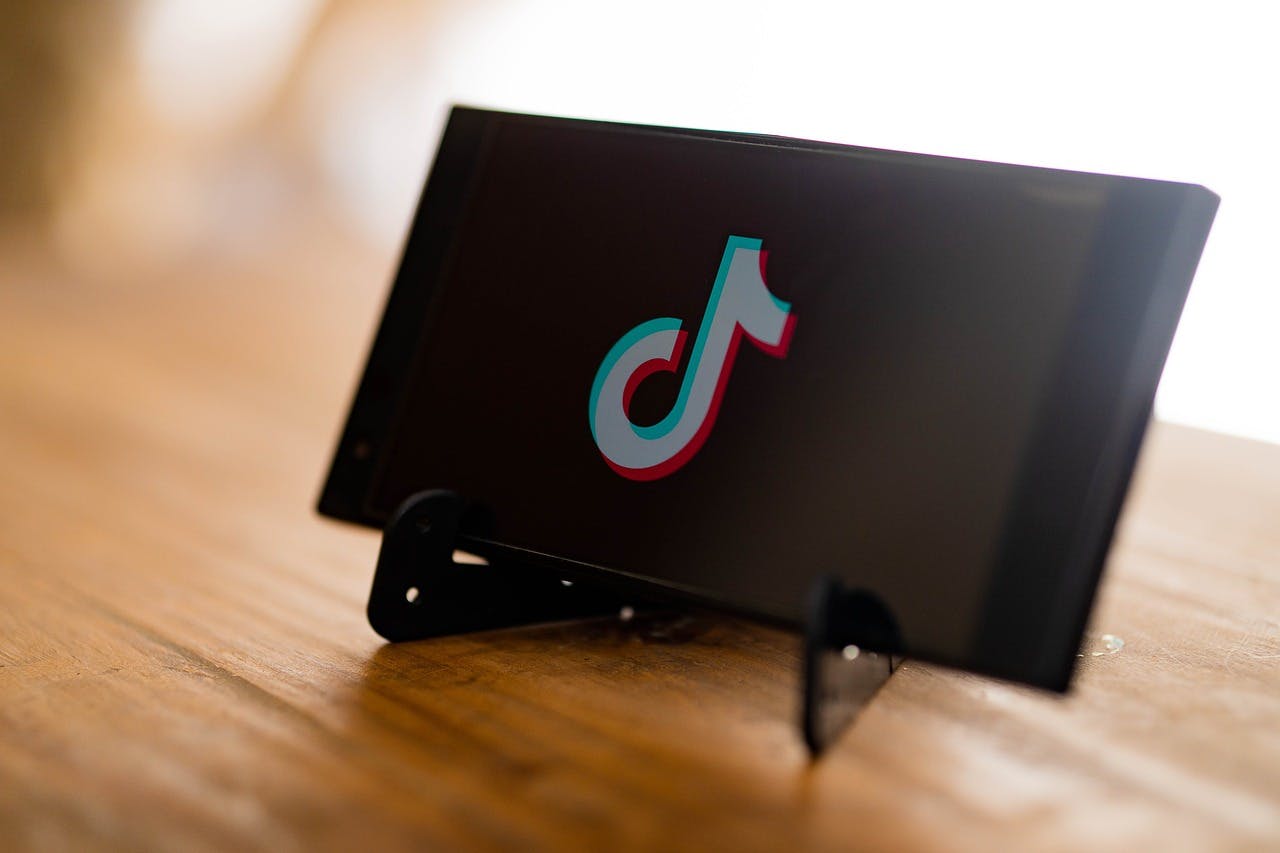The Importance of Employer Branding in Social Media
Employer branding is a factor that determines a company's reputation and is an important component of competent and well-thought-out talent management. Especially in a dynamic and competitive job market, a well-functioning organization of processes for searching and retaining specialists is important.
Social media platforms can be used in a versatile way here, as they offer a powerful and cost-effective tool for showcasing corporate values and culture, and allow companies to attract potential employees and better motivate existing ones.
However, using social networks for employer branding requires knowledge and understanding of the peculiarities of how they work. Below, we delve into the details and look at practical examples of using social media for talent acquisition and retention.

Image by Pixabay
Social Media for Employer Branding: What are the Benefits?
Social networks are a means by which companies can build and communicate their employer brand. This can be achieved in several ways:
- They help to reach a broader and more diverse talent audience
- Attract the attention of both active and passive talents
- Qualitatively represent the unique selling proposition of the employer company
Social media can help companies create and share authentic and engaging content that illustrates the team's culture, vision, values, and successes and resonates with their target candidates.
Ultimately, social media efforts can help build a sense of community and loyalty among current employees and encourage them to become brand ambassadors and advocates. Thanks to social media, the reputation of the employer brand can be easily monitored and improved by gathering feedback and interacting directly with the public in a non-intrusive manner.
What Role Do Social Media Play in Employer Branding?
Social media channels are not the only way to communicate the employer's message. But it is one of the most important communication tools of any successful employer branding strategy.
This approach is particularly practical when the company's recruitment target group consists of people from the Y and Z generations:
- By using employer branding in social networks, companies can reach a young and advanced target group exactly where they spend most of their time (both at work and privately) – on FB, Instagram, TikTok, and LinkedIn.
- Social media can present the employer brand and employer promise authentically, unobtrusively, and accessibly. Here, alongside important facts and information, compelling insights into the company's culture can be simply and constructively conveyed.
- Through the atmosphere of social media with a touch of entertainment, the message can be conveyed to a wider audience and remain in users' memories longer.
Ultimately, potential candidates are recruited, informed, and convinced simultaneously.
However, there are some special considerations when working with social media that should be taken into account in employer branding. Since most users use social platforms for entertainment, it is important to generate sustainable interest in topics such as work, work atmosphere, and team spirit as early as possible.
This can be achieved through various formats with infotainment character. This way, even latent job seekers and passively interested individuals who are not actively looking for a new job in the here and now can be recruited and convinced by an attractive employer brand.
Which social networks are suitable for employer branding?
First of all, LinkedIn should of course be mentioned. This target group is important for companies. LinkedIn is not only a communication channel but also a global business network that contains useful, interesting, and exciting business content.
This platform serves to create a serious corporate image and allows employers to present themselves professionally.
Instagram and Facebook
A great advantage in addition to the business platform is the employer branding on other social media and positioning as an expert there. Through Instagram, young and motivated people who are looking for an interesting job are reached. With the story feature and storytelling approach, every company presents itself authentically and accessibly, thus attracting a wider public's attention.
Facebook, on the other hand, is more popular with a more mature audience. It is easier to attract top managers and high-ranking specialists with extensive experience.
YouTube and Twitch
Of course, we should not forget the largest video hosting site. Even if a user came to YouTube with the goal of receiving entertaining content, he or she will sooner or later enter something like 'How to write a resume' or 'How to convince my dream employer?' into the search bar. Thus, they regularly receive recommendations for relevant videos, in which the company's performance can be perfectly integrated.
Other streaming services can also be useful, albeit to a lesser extent. If it's an international company, there may be difficulties due to geoblocking and other sanctions. VPNs for streaming are often used for greater coverage. Live communication with potential candidates is often part of a successful employer branding strategy.
TikTok and Snapchat
Youth entertainment platforms like Snapchat and TikTok are also suitable for employer branding. TikTok is an excellent way to show a different, more relaxed side of the company and to showcase corporate culture in compelling videos.
But in addition to presenting as an attractive employer, videos on TikTok and Snapchat can also be created to highlight the employee experience, thus conveying what the company offers and how it is structured.

Image by Pixabay
What to consider in social media employer branding
For a successful campaign, however, some rules should be observed across all platforms. Due to the daily use of social networks by the target group and the entertainment character, it is desirable for the content that a company shares as part of its employer branding strategy to be optimally integrated into the consumption of entertainment content. This way, potential candidates can be regularly presented with new content that is also perceived correctly.
In addition, one should pay attention to consistent branding across all platforms. This ensures brand awareness and properly conveys the corporate identity.
But one should also be careful. It is not recommended to transfer content from one platform to another without adaptation.
Just as applicants tailor their resumes to better suit each position, a brand should consider all the nuances of working with each communication channel. Each platform works differently, therefore there is relevant and irrelevant content.
And it is also worth remembering:
Social media are a starting point for a candidate to learn more about a company's reputation. Aspects such as work culture, career opportunities, versatility, and ethics play an important role in the decision-making process.
Employer branding through social media offers an insight into the work of a particular company. Publishing photos of satisfied and motivated employees, events, and celebrations of important events, and most importantly, successful projects, contributes to building a valuable online employer brand.
Quick Links
Company
The simplest tool for job postings on social media. Quickly and easily find qualified applicants through social media who are perfect for your company. The kroot tool uses artificial intelligence to create effective job ads for Facebook and Instagram.